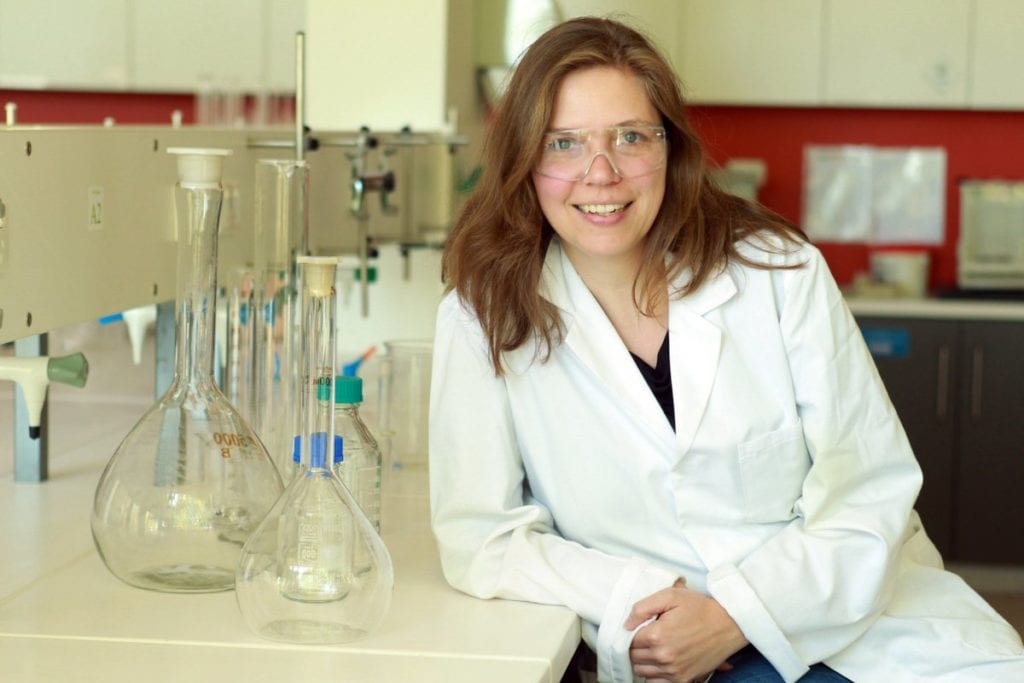One of its top science prizes is the Liversidge Medal, which began recognising outstanding Australian scientists’ contribution to chemistry research in 1931. Every recipient in the past 87 years has been a man. Until now.
This year, the award was given to University of NSW Sydney Scientia Professor Martina Stenzel, who is widely regarded as a global pioneer in Macromolecular Design.
The Prize was named after Archibald Liversidge, who was Dean of Science at Sydney University between the 19th and 20th century, and who was also one of a few male professors who agreed to admit women to the university.
“The Liversidge Medal is such an established prize and it is truly wonderful to be recognised by this enduring and respected scientific academy,” Professor Stenzel said in a statement. “I hope it will encourage more women to enter the fields of chemistry and physics, two natural sciences where female scientists have traditionally been very few and far between.”
As the Co-Director of UNSW’s Centre for Advanced Macromolecular Design, Professor Stenzel also leads a team of researches investigating the intersection of polymer science, nanoparticle design and medicine.
This is incredibly exciting, since nanoparticles, while commonly used in cancer treatment, can also be used for treatment of many other diseases, including Parkinson’s disease, Alzheimer’s, diabetes and infectious diseases.
“The beautiful thing about nanoparticles is that they can be modified in endless ways,” Professor Stenzel said. “We are trying to better understand the physical properties of these drug-loaded nanoparticles as it is directly linked to the biological activity. The aim is to create nanoparticles with the right properties that can invade cancer cells but not attack healthy cells.”
Her professional accolades include winning the LeFevre Medal from the Australian Academy of Science and the H.G. Smith Medal of the Royal Australian Chemical Institute RACI. Last year, she was elected to the Australian Academy of Science.
As part of her win, Professor Stenzel will deliver the Liversidge Lecture in February 2020, which will then be published in The Society’s Journal.
Working in STEM or interested in a career in it? Be one of the first to subscribe to The STEM Wrap, our weekly newsletter covering all the latest news and views and opportunities for women in STEM.

